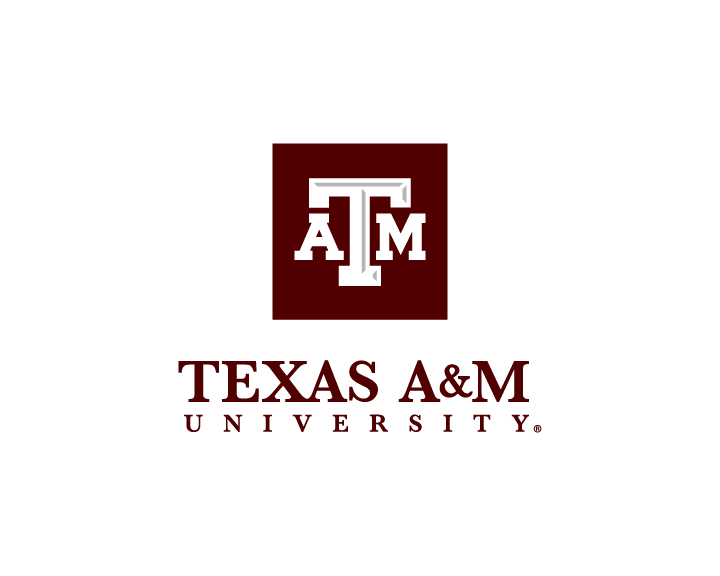Texas A&M Chosen by NSF for Enhanced Protection of Sensitive Scientific Data
The U.S. National Science Foundation has picked Texas A&M University to be part of a comprehensive national project to keep sensitive American research out of the hands of foreign entities.
The NSF announced the five-year, $67 million investment to establish the Safeguarding the Entire Community of the U.S. Research Ecosystem (SECURE) Center. Research security is a concern because some foreign entities attempt to unethically — or even unlawfully — access and use U.S. research. Of the $67 million investment, $17 million will go to Texas A&M University.
“Texas A&M has a well-established track record of being a leader when it comes research security,” John Sharp, chancellor of The Texas A&M University System, said. “I appreciate the confidence that the leaders at the NSF have put on Texas A&M, and we are eager to work with other leading institutions to protect our extraordinary and important research.”
SECURE consists of two major components.
As mandated in the “CHIPS and Science Act of 2022,” the NSF SECURE Center will be led by the University of Washington with support from Texas A&M and eight other institutions of higher education. The center will link members of the U.S. research community from institutes of higher learning, nonprofits and businesses in a safe, trustworthy platform to share information and reports on research security risks and provide training on research security. It also will serve as a bridge between the research community and government funding agencies to strengthen cooperation on addressing security concerns. It will operate as a clearinghouse for information to empower the research community to identify and mitigate foreign interference that poses risks to the U.S. research enterprise while maintaining principled international collaboration.
SECURE Analytics will be led by Texas A&M University in partnership with The Hoover Institution at Stanford University and Parallax Advanced Research. The partnership will develop tools and analyze data to identify and mitigate research risks while upholding high ethical standards, openness and transparency. The initiative is committed to rigorous testing and open-source practices to build trust and foster international collaboration.
Dr. Kevin Gamache of Texas A&M University will lead the project with guidance from a diverse advisory board chaired by Dr. Condoleezza Rice of The Hoover Institution. The board will be comprised of experts from various fields, including science, national security, technology and law.
“Texas A&M is proud to leverage its extensive expertise in research security to support the National Science Foundation’s SECURE initiative,” said Gamache, who also serves as the associate vice chancellor and chief research security officer at the Texas A&M System. “You can count on Texas A&M to foster a global scientific community that is more secure, collaborative and inclusive.”
To ensure this approach to research security is community-designed, community-used and community-improved, the SECURE Center also will serve as the nexus for five regional centers managed by six institutes of higher education:
- SECURE Southwest – Texas A&M University and the University of Texas at San Antonio.
- SECURE Northeast – Northeastern University.
- SECURE Southeast – Emory University.
- SECURE Midwest – University of Missouri.
- SECURE West – University of Washington.
“NSF is committed to principled international collaboration. At the same time, we must address threats to the research enterprise,” said NSF Director Sethuraman Panchanathan. “The SECURE Center is how we bring the research community together to identify risks, share information and leverage national expertise on research security to develop solutions that protect essential research being done at institutions across the nation. This is a community-focused platform, and the research community will be the drivers of how SECURE Center tools and services are designed, used and improved upon.”
The plan also involves other leading institutions. Mississippi State University, the University of Michigan and Stanford University’s Hoover Institution will provide expertise on sensitive research, threat types, geopolitical analysis and international collaboration. Participation by the College of Charleston and Mississippi State University, located in NSF Established Program to Stimulate Competitive Research jurisdictions, ensures that emerging research and minority-serving institutions are included in SECURE Center activities.
The SECURE Center will link members of the U.S. research community from institutes of higher learning, nonprofits and businesses in a safe, trustworthy platform to share ideas, needs and information on research security.
U.S. Sen. John Cornyn of Texas said: “Foreign adversaries are targeting our institutions of higher education by using espionage and cyberattacks to steal taxpayer-funded research, innovative technologies, military advancements, and solutions to some of the world’s most complex problems. This award gives Texas A&M the resources to lead analytics for the SECURE Center to safeguard this sensitive work and ensure other countries are not profiting off the back of American ingenuity.”
U.S. Rep. Michael McCaul, whose district includes College Station, added: “Threats from our foreign adversaries to federally funded research at our nation’s academic institutions are at an all-time high. As I identified in my China Task Force Report, the Chinese Communist Party often exploits the openness of the U.S. higher education system. I couldn’t be prouder Texas A&M has developed an award-winning security program to help secure sensitive research from the CCP, while collaborating and sharing insight with universities across the nation. The Texas A&M System is a longtime leader in research security, and I look forward to seeing how it will continue this leadership as part of the SECURE Center.”
Possessing a suite of solutions like shared tools, best practices, training, analyses and other information, all delivered through a shared virtual environment, SECURE will assist the research community in making decisions regarding their research activities in the context of malign foreign threats.

